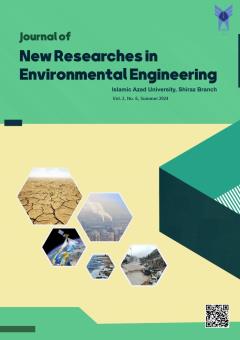-
-
-
Open Access Article
1 - Evaluation of knowledge and attitude of non-medical students about Health, Safety and Environment (HSE) principles in residential home
Omid Tabiee -
Open Access Article
2 - Evaluation of Knowledge and Attitude of Non-medical Students about Virtual Water Recognize with the Approach of Environmental Protection and Sustainable Development
Omid Tabiee
List of Articles Omid Tabiee
-
The rights to this website are owned by the Raimag Press Management System.
Copyright © 2021-2025


